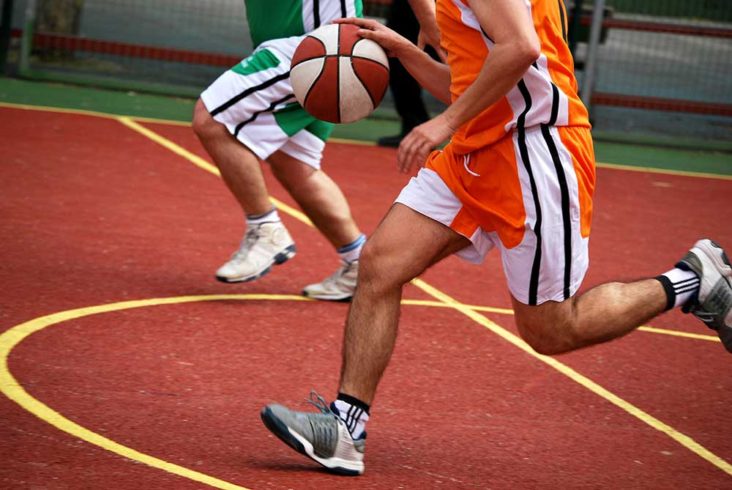A torn or otherwise damaged ACL is one of the most common sports injuries. Here are a few quick facts on ACL injury and why it’s critical to look at possible articular cartilage problems as well.
Quick stats & facts on ACL injury
About 200,000 ACL injuries occur each year, with about half of the knees undergoing reconstruction, according to data from the University of California, San Francisco. Seven out of every 10 ACL injuries take place during sports that require a lot of leg movement and change in direction – especially basketball, skiing, football, and soccer. Only three out of 10 injuries are the result of an external impact, meaning that the vast majority of injuries to the ACL happen in the absence of contact.
Here is some additional information on torn ACL’s, provided by University of Wisconsin-Madison Professor Benjamin Wedro, MD:
- Of the four ligaments that support the knee, the anterior cruciate ligament (ACL) is hurt most frequently.
- Typically the injury occurs when the leg is straight while the athlete pivots.
- How do you know if you have an ACL tear? Dr. Wedro explains that typical symptoms are “hearing a loud pop as the ligament tears, pain, knee swelling, and difficulty walking.”
Articular cartilage problems may be missed
Because ACL injury is so common (actually the third most prevalent sports knee injury experienced by teenagers, representing one in four incidents), many studies have been conducted on the topic, but articular cartilage often isn’t given enough attention.
Although meniscus problems are more frequent, articular cartilage damage is found in three out of every ten patients who have an ACL reconstruction, according to one recent study highlighted by physical therapist John Snyder on MedBridge. Another study revealed that 43% of patients diagnosed with a torn ACL also had an articular cartilage lesion.
Since articular cartilage injury, otherwise known as chondral injury, often occurs when the ACL tears or is otherwise injured, it’s critical that it not be neglected. How does it impact recovery, though? “Although limited research was dedicated to this question,” says Snyder, “substantial preliminary evidence suggests that chondral damage does lead to inferior patient outcomes – especially in cases of full-thickness cartilage lesions.”
Surgery: always a last resort
Do you have an injured ACL and want to make sure articular cartilage is addressed as well? At Flexogenix, we agree with medical experts nationwide that surgery, while sometimes necessary, should always be your last option. Explore our non-surgical treatments.






